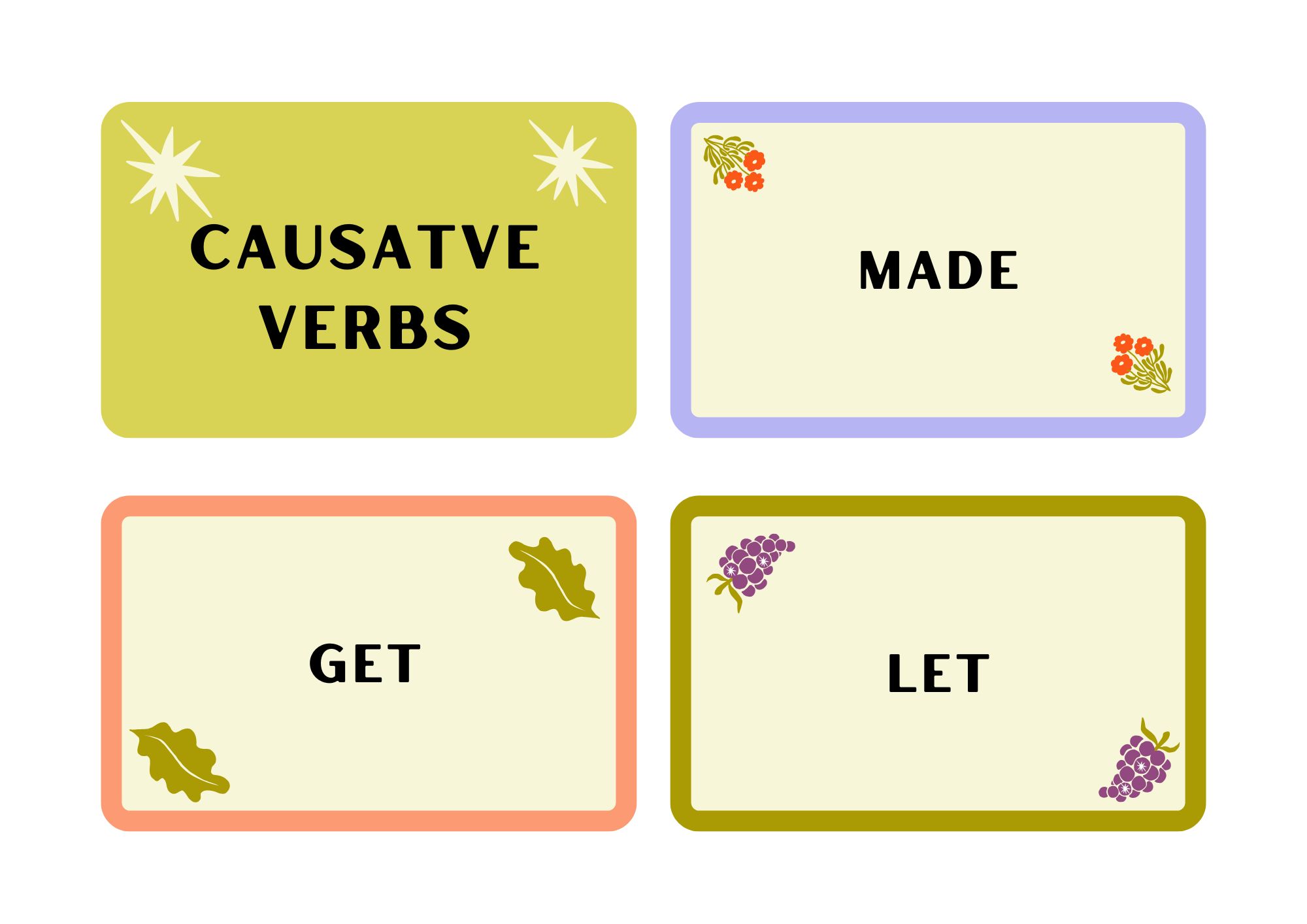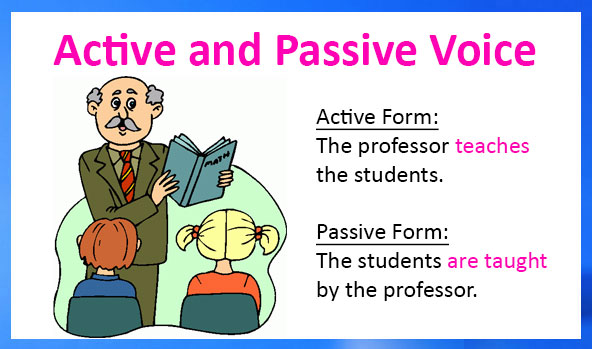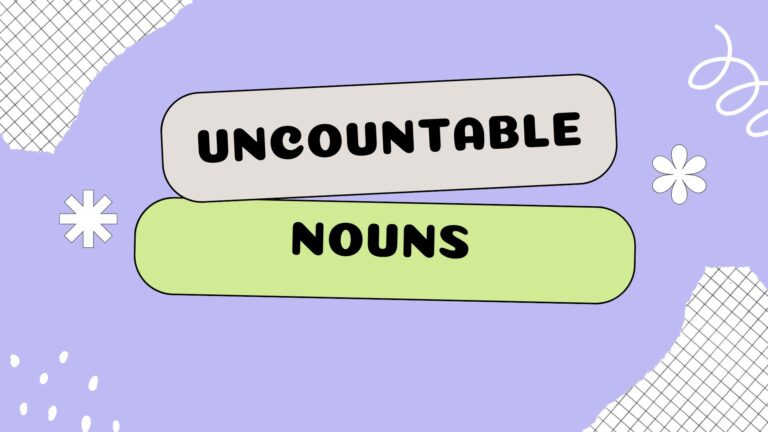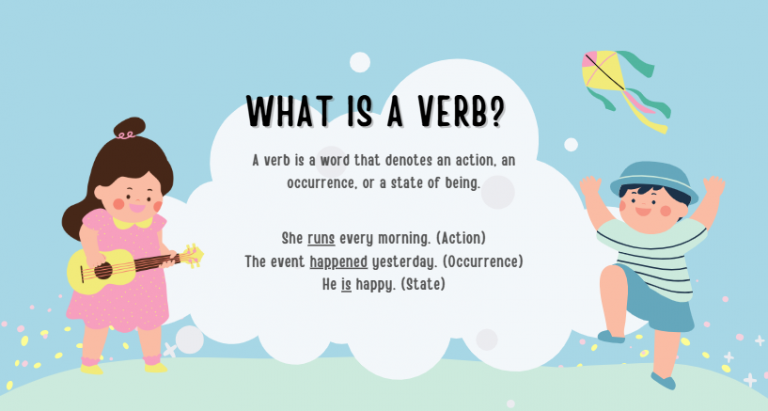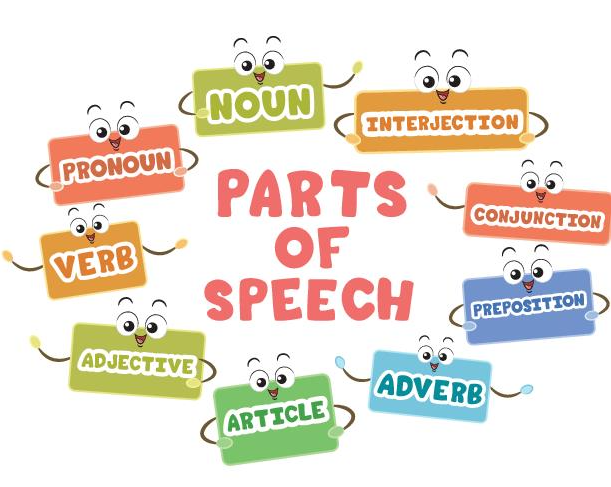Causative Verbs in English: Explained for Beginners
Causative verbs make English clearer by showing actions and their causes. This article explains why they matter, structure for using them, and aims to boost your communication skills. Learning causative verbs will improve your language abilities.
Introduction to Causative Verbs in English
Causative verbs in English show who causes actions. Verbs like “have,” “get,” and “make” allow speakers to express control without doing the action themselves. For example, “I had my car washed” focuses on the choice rather than the washing itself. This helps communicate responsibility and delegation.
These verbs also convey different meanings, such as coercion versus consent. For instance, “I made him cry” suggests force, while “I had him cry” implies cooperation. Learning causative verbs improves grammar skills and helps people express their thoughts and intentions clearly.
Structure of Causative Sentences
Causative sentences are used when one person causes another person to do something. These sentences usually follow the structure:
Subject + causative verb + object + base form/past participle
The most common causative verbs are make, have, get, and let. For example, “She made him cry” (subject + made + object + base verb) or “He had his car washed” (subject + had + object + past participle). Each causative verb slightly changes the meaning, depending on whether the action was forced, requested, or allowed.
Examples of Causative Verbs
Here are 20 causative verbs, each with its meaning and two example sentences:
1. Make – to force or compel someone to do something
The coach made the team run extra laps.
His parents made him apologize.
2. Have – to arrange for someone else to do something
I had the mechanic fix my car.
She had her assistant send the emails.
3. Get – to persuade or convince someone to do something
He got his brother to help him clean.
They got the manager to approve the project.
4. Let – to allow someone to do something
She let her kids watch a movie.
He let his friend borrow his notes.
5. Help – to assist someone in doing something
I helped my mom cook dinner.
She helped her friend carry the boxes.
6. Allow – to give permission for someone to do something
They allowed the students to leave early.
He allowed his dog to sleep on the couch.
7. Force – to make someone do something against their will
The storm forced us to cancel the trip.
They forced him to sign the document.
8. Persuade – to convince someone to do something
She persuaded her friend to join the class.
He persuaded me to try a new restaurant.
9. Convince – to make someone believe or do something
I convinced him to apply for the job.
They convinced the team to change the plan.
10. Cause – to make something happen or someone do something
The noise caused the baby to cry.
His speech caused people to react strongly.
11. Enable – to make it possible for someone to do something
This app enables users to edit photos.
His savings enabled him to buy a house.
12. Require – to demand that someone do something
The job requires applicants to have experience.
Schools require students to attend regularly.
13. Compel – to strongly force someone to do something
The law compels citizens to pay taxes.
She felt compelled to speak out.
14. Permit – to officially allow someone to do something
The teacher permitted phones during break time.
They were permitted to enter the building.
15. Encourage – to give support to someone to do something
Her parents encouraged her to study abroad.
The coach encouraged the team to practice more.
16. Motivate – to inspire someone to take action
His success motivated others to work harder.
The teacher motivated students to do their best.
17. Hire – to employ someone to do a task
I hired a tutor to help with math.
They hired a decorator for the event.
18. Command – to order someone to do something
The officer commanded the troops to march.
He commanded silence in the room.
19. Oblige – to make someone feel responsible to do something
I was obliged to attend the meeting.
He felt obliged to return the favor.
20. Urge – to strongly advise or push someone to act
Doctors urge patients to quit smoking.
She urged him to speak honestly.
Sentences examples of Causative Verbs
Here are 20 examples of causative verbs used in sentences:
1. She made her son clean his room.
2. The teacher made the students write the essay again.
3. I had my car washed yesterday.
4. We had the electrician fix the lights.
5. He got his friend to help with the homework.
6. They got the mechanic to repair the engine.
7. She let her children play outside.
8. He let his friend borrow his phone.
9. I helped my brother paint the house.
10. She helped her mom cook dinner.
11. The manager made the staff work overtime.
12. They had their house painted last week.
13. He got the waiter to bring another glass of water.
14. She let the cat sleep on the bed.
15. The mother made her child eat vegetables.
16. I got my laptop repaired at the shop.
17. They had the windows cleaned by professionals.
18. She helped me understand the math problem.
19. He let his little sister watch cartoons.
20. We got our documents printed at the copy shop.
What are causative verbs?
Causative verbs are verbs that indicate one person causes another person to do something. Common examples include “make,” “have,” and “get.”
How do I form sentences using causative verbs?
Causative verbs are typically followed by an object and a base form of the verb. For example, “I had him clean the room.”
Are there any differences between “have” and “get” as causative verbs?**
Yes! “Have” often implies a more formal arrangement, while “get” suggests a more casual or persuasive approach. For example, “I had my hair cut” vs. “I got my friend to cut my hair.”
Can causative verbs be used in passive voice?
Yes, causative verbs can be used in passive voice, typically when the focus is on the action rather than the subject. For example, “The report was made by the team.”
Can causative verbs be used in different tenses?
Absolutely! Causative verbs can be used in various tenses depending on the context. For example, “I will have my house painted next month.”

